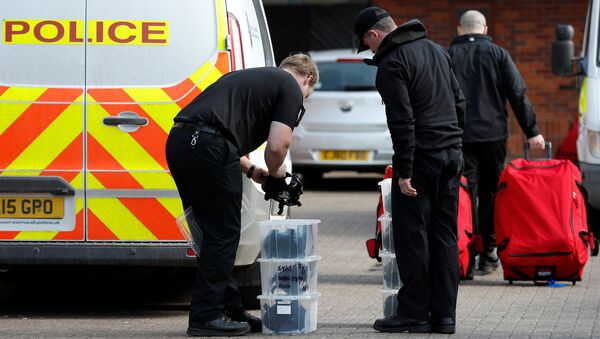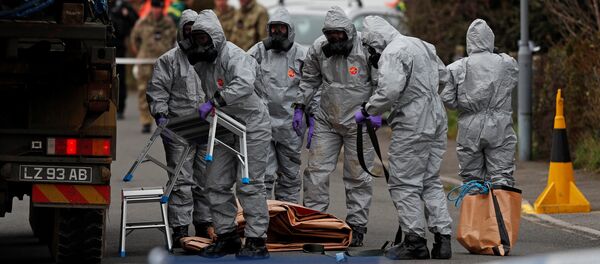"Yes, I have received two letters with threats by e-mail from a certain Matteo Di Luca. But there were no threats from British authorities or special services, as some media outlets alleged. British special services neither pressure nor threaten me, and any confrontation is out of question," he stressed.
Morozov, who was reportedly on speaking terms with former Russian intelligence agent Sergei Skripal, said that he had turned to police in connection with the threats, but that he is not going to leave the UK.
READ MORE: Corbyn's Stance on Skripal Case Ignites Hostile Media Campaign — Analyst
"I am in contact with the police, and they are currently dealing with the issue," he said, adding that no special security measures were taken with respect to him.
According to Morozov, the first letter included the following text: "Valerie, they received Sergei, and they now come for you. Sir, the best choice is to keep calm now and be on alert. I will make you an obedient person."
Earlier, the businessman said that it is worth mentioning that his name had been written the wrong way in Russian.
READ MORE: Expelling Diplomats Over Skripal Case Unduly Jeopardizes Relations – EU Lawmaker
Additionally, the author asked Morozov to transfer two bitcoins to the account which was indicated in the letter.
In the second letter obtained by Sputnik, the author asks the businessman: "Do you not care what will happen to you? Waiting for your confirmation."
Separately, Morozov said that he has never called for his name to be added to the so-called Titov's list.
The interview came after Russian Presidential Commissioner for Entrepreneurs' Rights Boris Titov said that Russian entrepreneurs, who are evading Russian justice in the UK, are facing pressure in the light of the Salisbury incident.
READ MORE: Lavrov: Skripal Case Shows That There Are Not Many Independent Players Left
He added that one of the businessmen, who had contacted his office, claimed that he was being pressured by UK authorities in the wake of the Skripals' poisoning.
Earlier in March, UK Prime Minister Theresa May accused Russia of orchestrating the March 4 chemical attack on the Skripals and expelled 23 Russian diplomats in retaliation.
The move was followed by the expulsions of Russian diplomats from about 20 European countries as well as the US and Canada, in a move supported by NATO chief Jens Stoltenberg.
Russia vehemently rejects the accusations, and continues to call for a joint investigation into the Skripal case.



